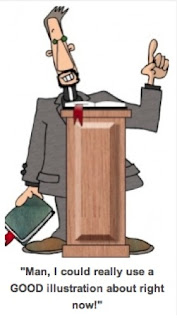Two of my
trusted Beta readers pointed to one of the characters in my WIP and wondered if
this character was “needed.” When writing a fictional story— every character
must have a function that advances the premise, or at the very least provides
comic relief. If neither is the case, toss the bums out, much as it hurts. The
story will be meaner and leaner and far stronger.
Fiction writers
have two options with unnecessary characters—eliminate, or re-write to make
them essential. I have chosen, this time, to do the latter. I had a good reason
for this side character, but I failed to convey it properly. I’m going to fix
this. Besides, I make a better booster than an assassin.
But those who
write non-fiction don’t have this luxury. They are, in effect, historians. Mentioning
people who don’t wind up being pivotal, or even interesting in themselves, is
still something that they must do in places where the very presence of these
people must be accounted for posterity.
Here lies the challenge—
make the gray types seem interesting. Find a way to connect the dots somehow,
even when the connections are flimsy. Make it stick the way a fictional story
would, even as you write about real people and events.
I used to think
non-fiction stories were easier to write. After all, the story is already
there. A writer just has to do some research. This always felt like school
homework, something I did with ease though never liked. Then the writer must have the
organizational and verbal skills to produce coherency. Non-fiction that reads
like a textbook is not wanted these days. It must be written so young readers
will not put it down, same as fiction.
As I augment and
change my fictional person, I marvel what I would have done if she and the
story had had a reality outside my mind.
And I take off my
virtual hat to all great non-fiction.







